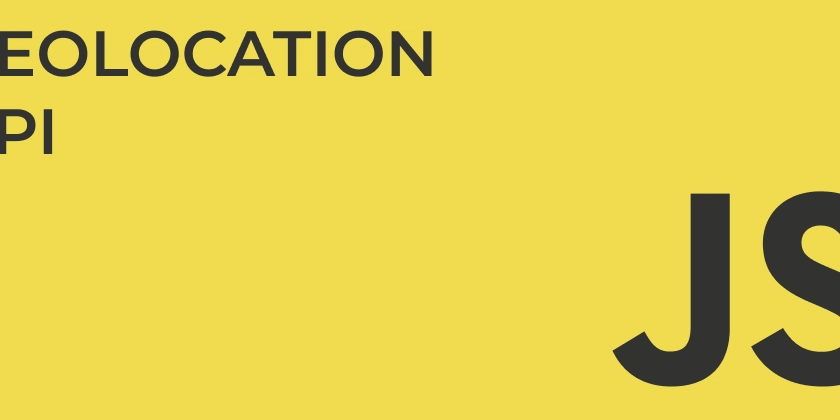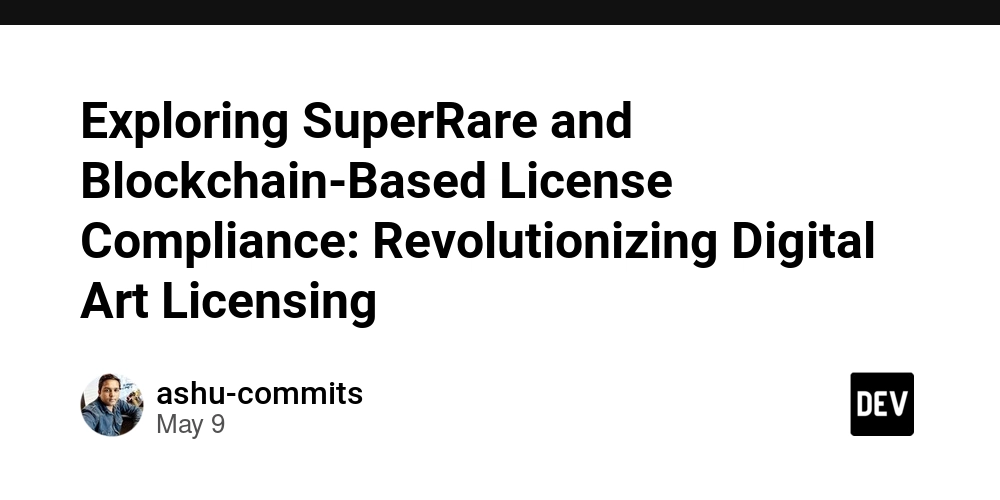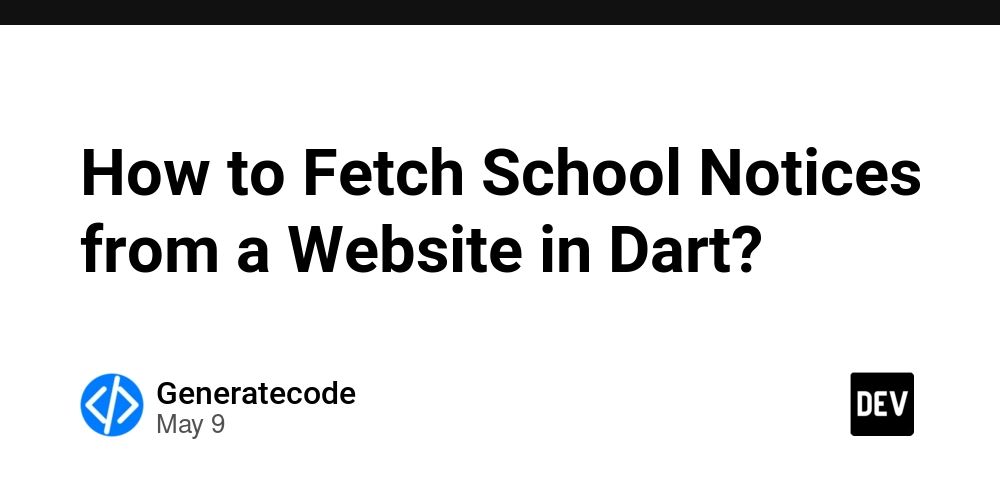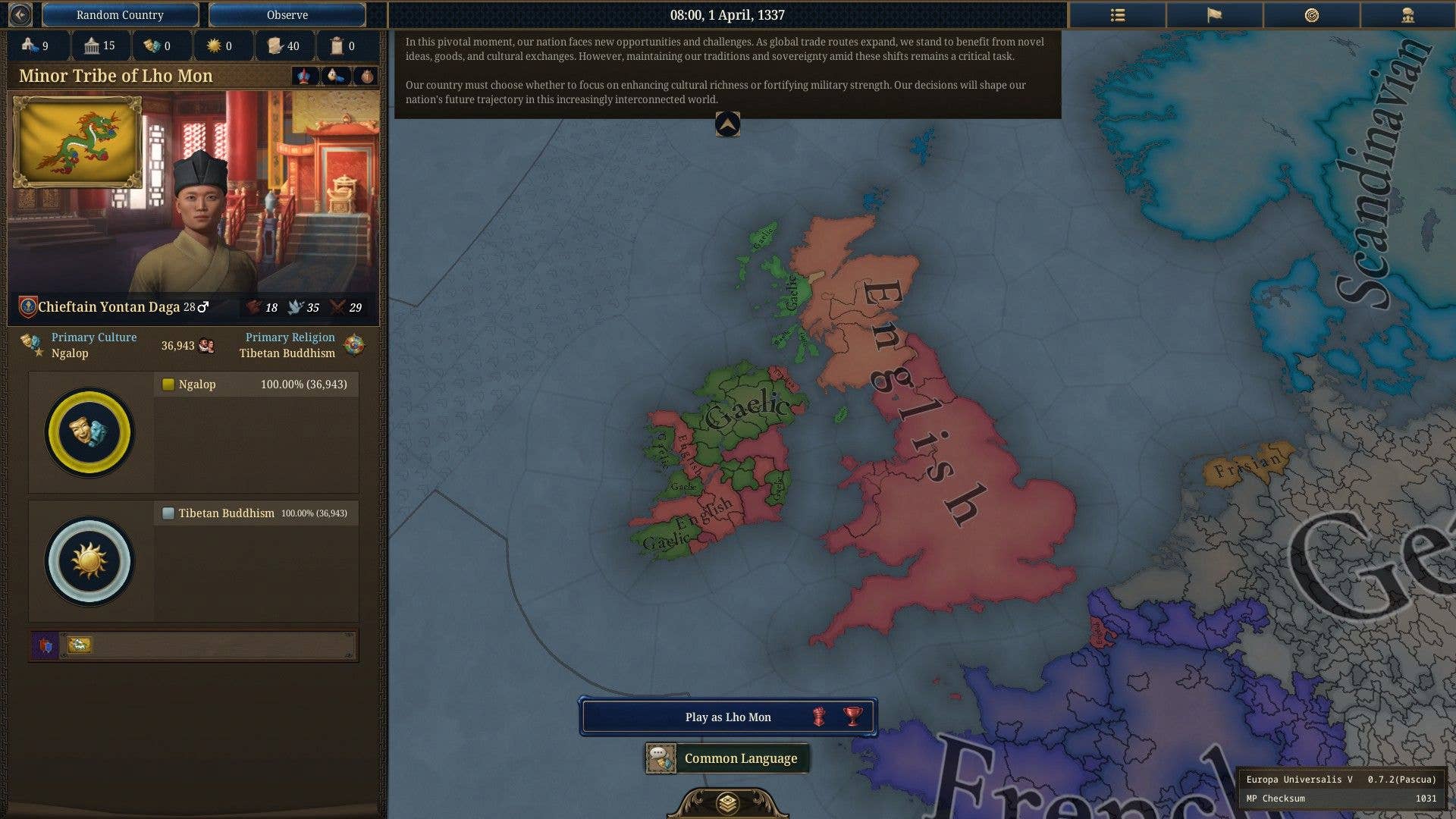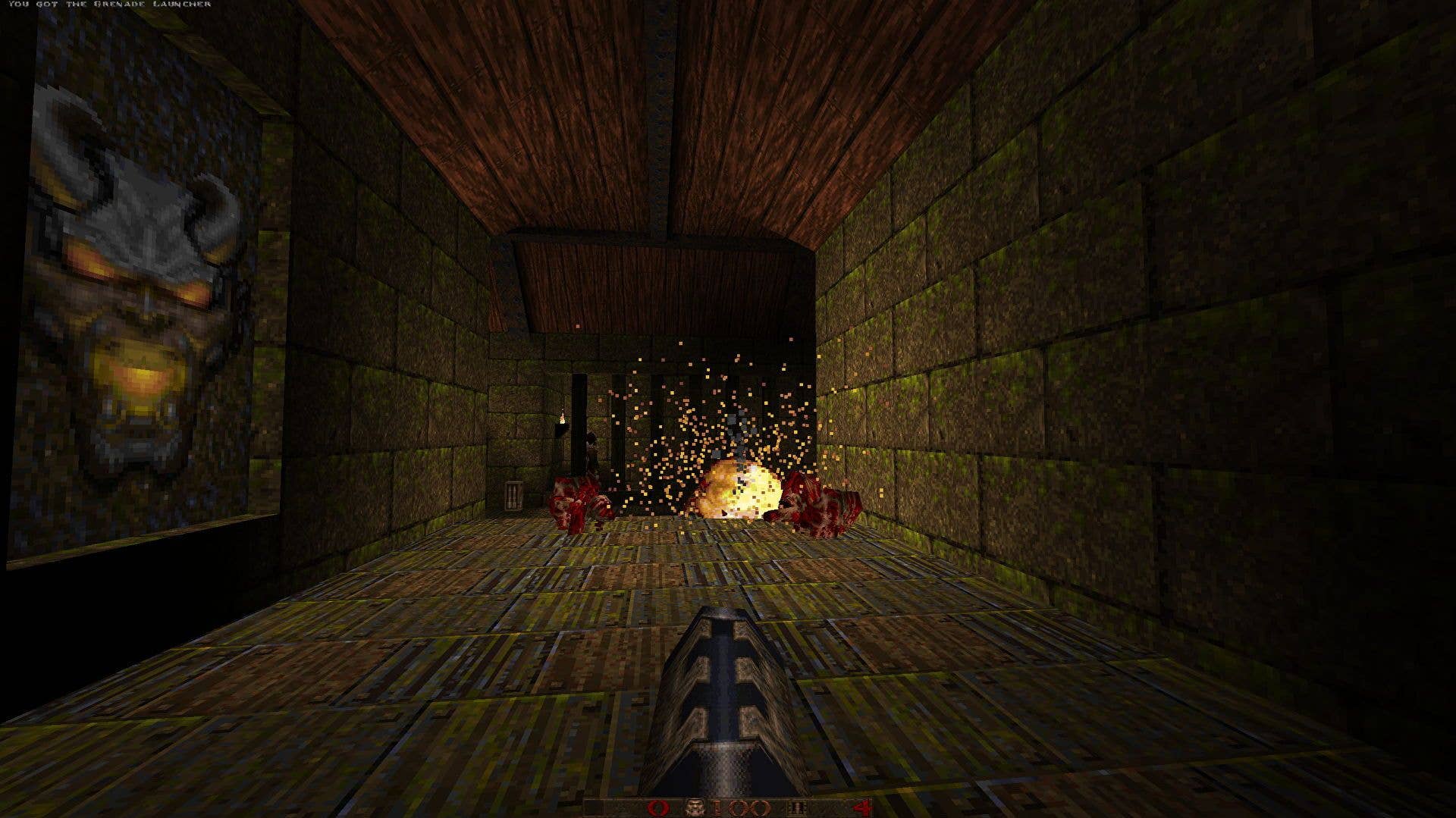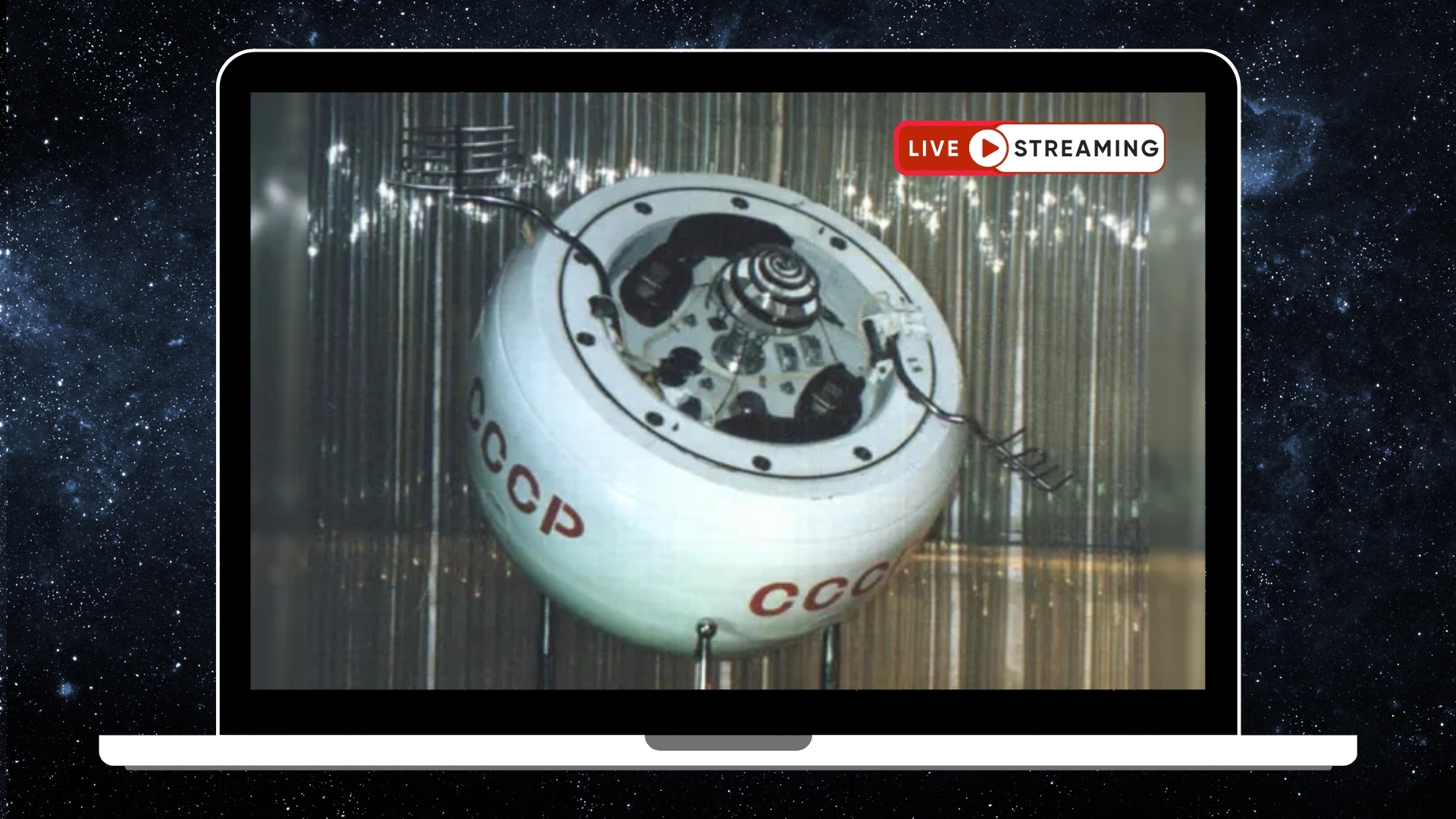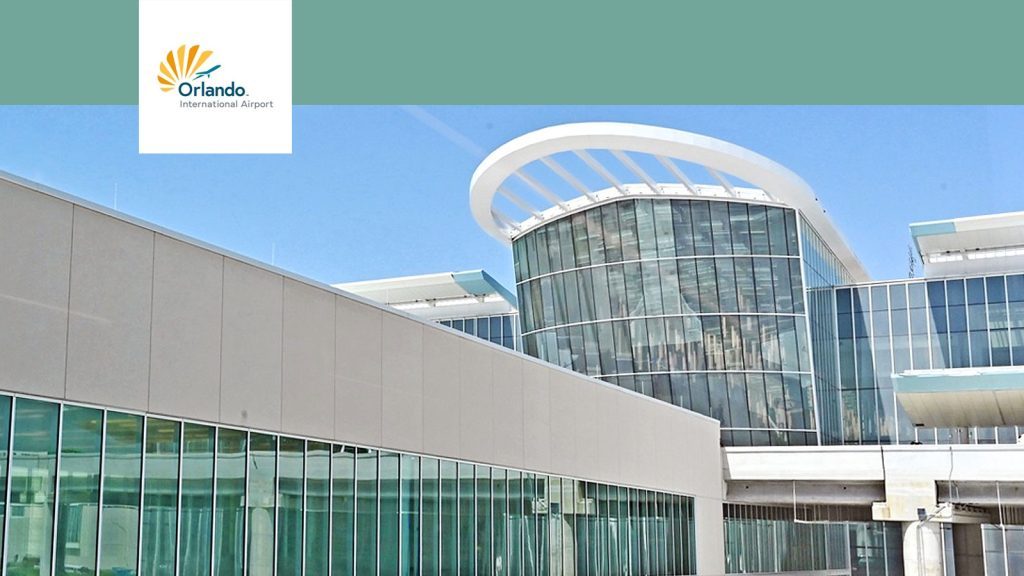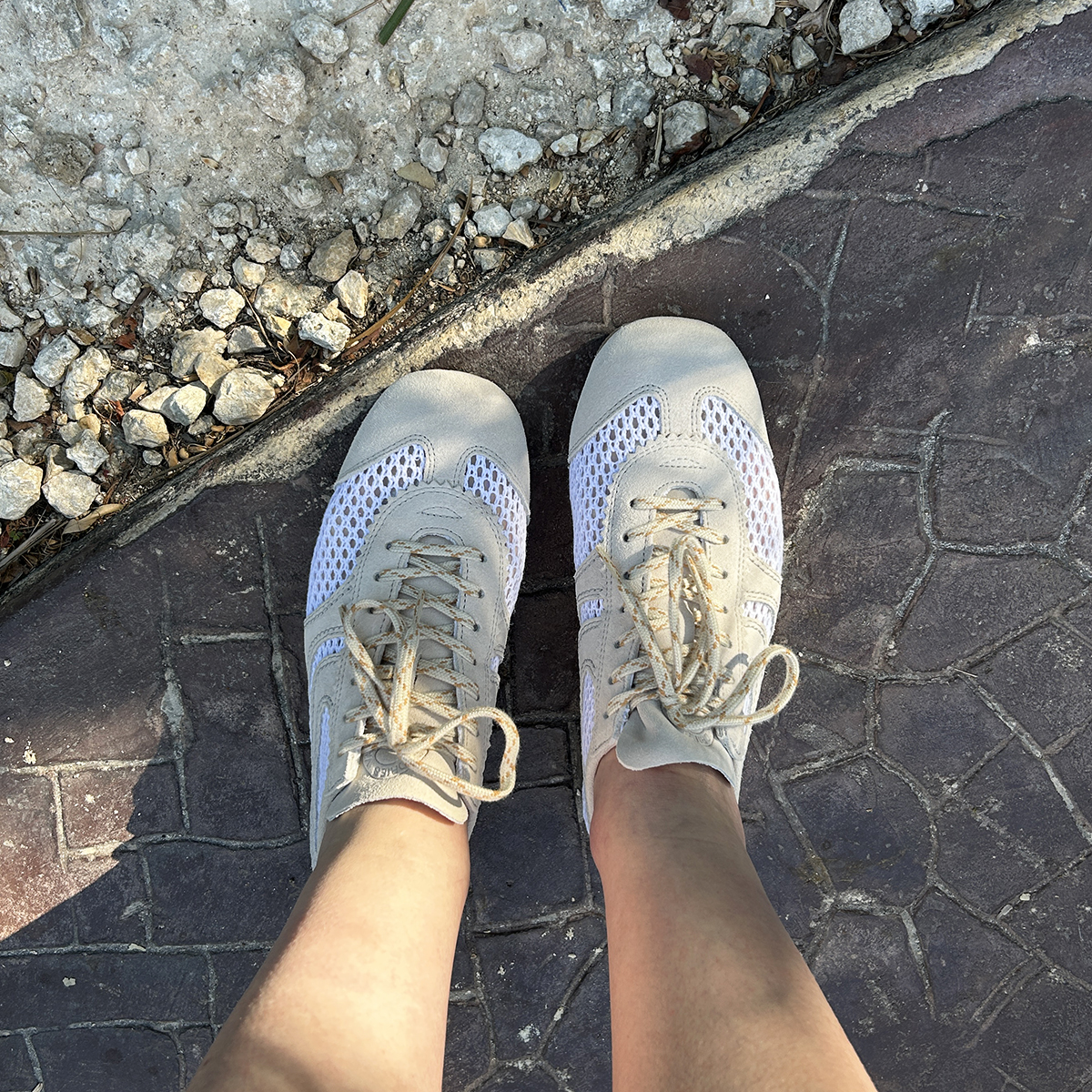Join us for our 2025 Teacher Leader Summit in Denver!
Colorado educators! (and anyone else within reasonable driving distance… looking at you, Nebraska, Wyoming, Kansas, New Mexico, and maybe Utah and Oklahoma!) We hope that you will join us for our June 2025 Teacher Leader Summit in Denver. On Thursday, June 5, we will be leaning into instructional redesign for deeper learning. On Friday, June […]

Colorado educators! (and anyone else within reasonable driving distance… looking at you, Nebraska, Wyoming, Kansas, New Mexico, and maybe Utah and Oklahoma!)
We hope that you will join us for our June 2025 Teacher Leader Summit in Denver. On Thursday, June 5, we will be leaning into instructional redesign for deeper learning. On Friday, June 6, we will fold artificial intelligence into the mix. Individuals are invited but teams are encouraged. Register soon!
—
THURSDAY, JUNE 5. Redesigning Lessons for Deeper Learning and Student Engagement
As much as we’re worried about ‘learning loss,’ our students aren’t going to learn if they’re not first engaged. Let’s create reasons for students to come to school and opportunities to do things that are interesting! In our Day 1 workshop, we will use the free 4 Shifts Protocol to redesign lessons, units, and other instructional activities for critical thinking and problem solving, greater student agency, more real-world authentic work, and robust technology infusion. In the afternoon we will connect a number of blended learning and ‘science of learning’ strategies to this redesign work. We also will peek inside some deeper learning schools around the country to see how they’re approaching this instructional design work.
Participant Outcomes
Participants will walk away with the following knowledge, skills, and resources (based on empirical research from 90+ deeper learning schools, not just anecdotes, and design work with tens of thousands of educators):
- The ability to use the 4 Shifts Protocol to redesign lessons and units for higher student engagement and deeper learning
- The ability to use the 4 Shifts Protocol as a curriculum planning resource, not just an instructional design tool
- Numerous exemplars of deeper learning in action
- On-ramp strategies to help schools and design teams get started on their new learner profiles or graduate portraits
- Techniques and suggestions for navigating instructional, curricular, and organizational speed bumps and roadblocks
- Key instructional mindsets and design behaviors
- Discussion questions for teaching staff, leadership teams, and families
—
FRIDAY, JUNE 6. AI, Schools, and Deeper Learning
Artificial intelligence (AI) – particularly generative AI – is rapidly transforming how we learn, work, and create, while simultaneously sparking grave concerns about the ongoing balance between humans and machines. In our Day 2 workshop, we will explore a multitude of instructional, productivity, and ethical considerations related to AI and teaching, and we will connect everything back to what we did in Day 1.
Through a series of practice-based scenarios, we will explore day-to-day implementation considerations, and see if we also can maybe make the lives of students and teachers a little easier and more productive. There will be ample opportunities to explore and share together throughout the day. Let’s roll up our sleeves and pe into both the possibilities and pitfalls of these powerful digital tools. Participants will walk away with a number of useful resources and ideas for sparking conversations in their local communities. Please bring your own examples and use cases of how you’re using AI!
Participant Outcomes
Participants will walk away with the following knowledge, skills, and resources (based on extensive technology integration and leadership work with schools and educators):
- The ability to use AI to enhance our teaching efficiency and productivity
- Creative pedagogical uses of AI across all grade levels
- The ability to think about instructional and ethical concerns such as attribution, plagiarism, cheating, lack of transparency, privacy, bias, and erosion of critical thinking
- Understanding how AI works and expected advancements in the future
- Exposure to numerous AI tools and their potential capabilities, possibilities, limitations, and biases
- Strategies and suggestions for talking about AI with fellow educators, students, and families

















